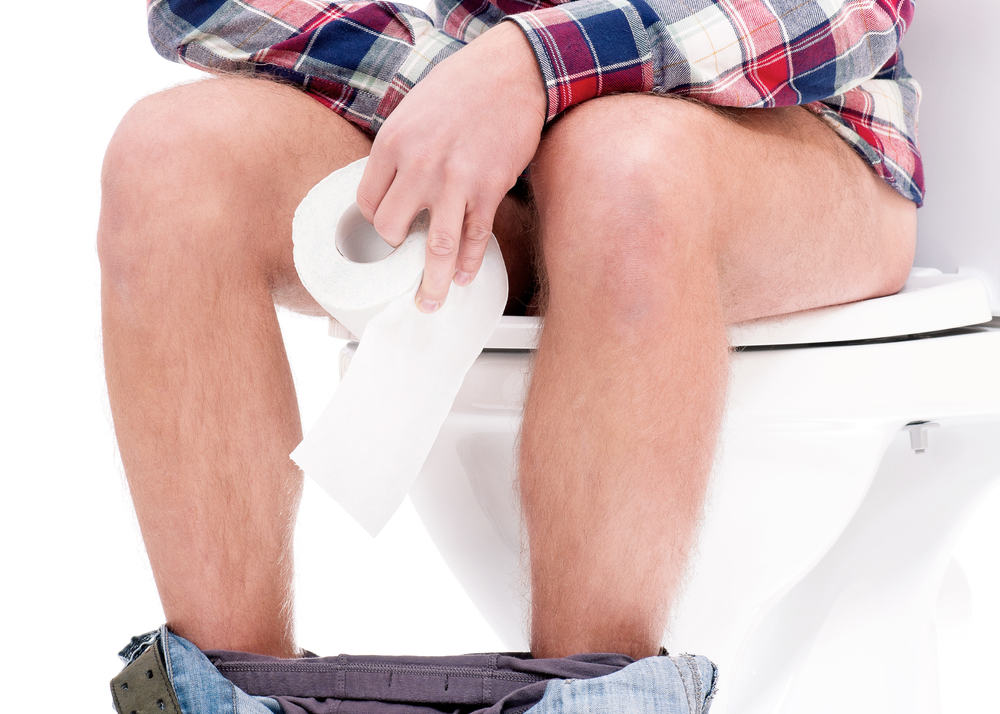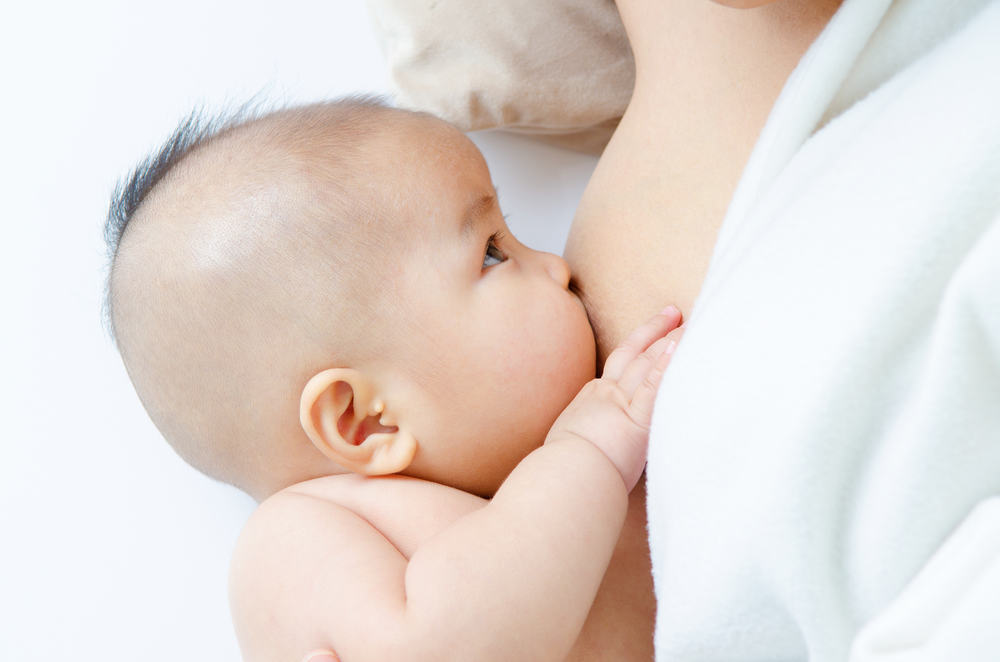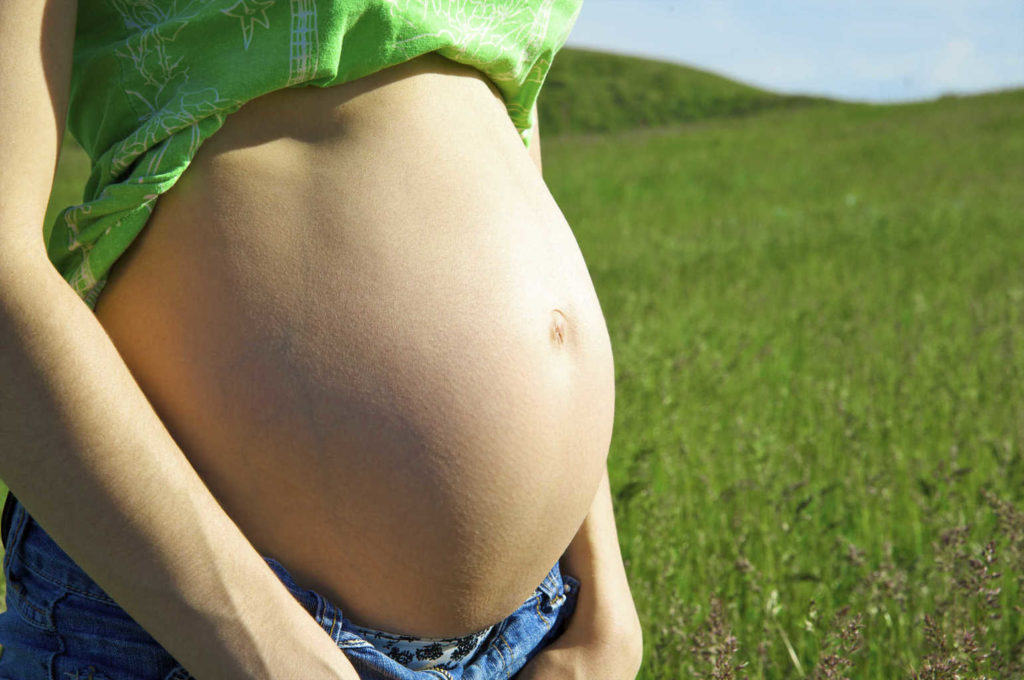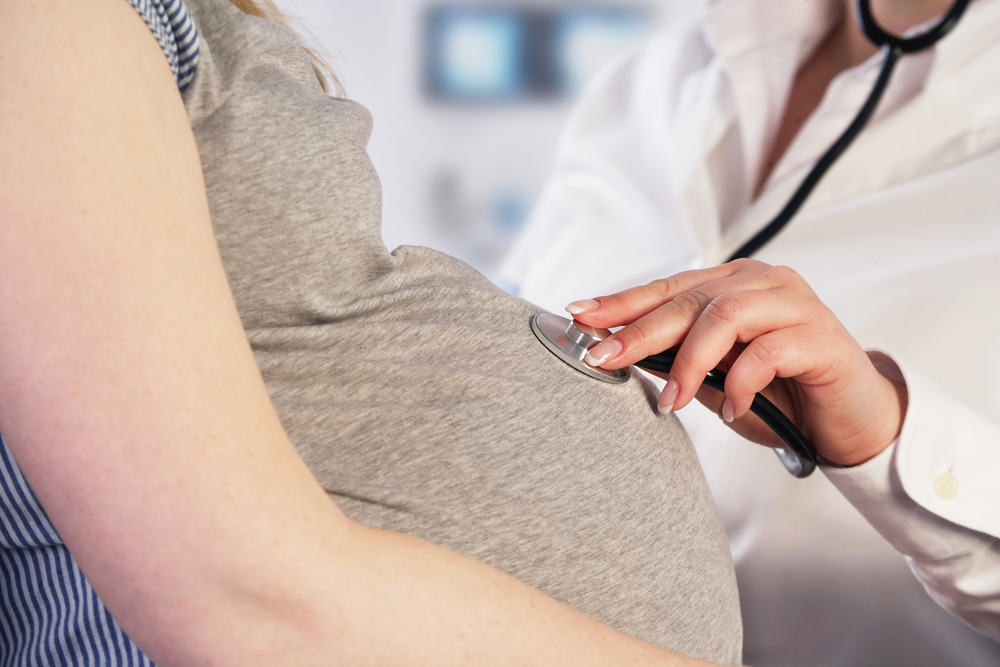Contents:
Medical Video: Irritable Bowel Syndrome | IBS | Nucleus Health
The next time you finish the business "driving" in the bathroom, you should not immediately be watered first. Try to have a scan, the pup that you throw away every morning can be used as a diarrhea medicine for other people. Want to know how?
Nothing but nothing is with stool grafts. Don't be disgusted first. Even if the reading has made the stomach sick, this real medical procedure can save many lives due to deadly bacterial infections. This is the procedure.
What is a faeces transplant?
Stool transplantation, as the name suggests, involves taking pups from healthy people and transplanting them into the digestive tract of a sick person. Stool samples to be grafted can be inserted into the recipient's digestive tract through the anus, or also by using swallowed pills.
But this pup grafting effort is not based on stool in the form of "raw", but a sample of microbes that live in feces. In general, feces can contain as much as 40 percent of microbes. When these microbes are transplanted into the digestive tract of sick people, these colonies can begin to familiarize themselves with new ecosystems and breed to promote healthier digestion.
And take it easy. Although the title describes fecal transplants as a drug for diarrhea, the diarrhea that is treated is not just any diarrhea because you are wrong on the roadside. This pup graft is intended as a drug for diarrhea due to complications of malignant bacterial infections that can appear after taking too long antibiotics.
Stool transplantation is not for treating ordinary diarrhea
Stool grafts show phenomenal results as recurrent diarrhea medications caused by infection with Clostridium difficil malignant bacteria, or C. diff. This infection causes the sufferer unable to go to work or school because the pain can be disabling.
C. diff infection appears when the bacterial balance in the intestine falls apart after taking too long / frequent antibiotics. Long-term use of antibiotics can clear the ecosystem of good bacteria along with bad bacteria. Loss of healthy bacterial colonies means that your digestive tract no longer has a powerful defense against attacks of harmful bacteria that can colonize the intestines and initiate infections, one of which is the bacterium C. this diff.
Ironically, C. diff infection is not only caused by antibiotic use; it is also treated with antibiotics. This then pushes the patient into a vicious circle where, due to C. diff infection, the balance of good bacteria becomes threatened, which causes bacteria to multiply. But the more antibiotics given actually destroy the balance of the intestinal ecosystem. Taking antibiotics too often then raises a new problem: antibiotic resistance, which results in bacteria not being able to die after antibiotics are given. Antibiotic resistance has no cure.
C. diff resistance to antibiotics is potentially life threatening because its complications cause patients to experience very severe episodes of diarrhea, which are often followed by severe abdominal cramps and sometimes fever, which is resistant to treatment and can puncture the intestines and put patients at risk of sepsis and death. More than 250,000 people in the United States get C. diff infection every year, and 14,000 of these cases end in death. If you are over 65 and / or have a chronic illness, you may be at a higher risk for more severe C. diff infections.
How do transplants treat diarrhea due to C. diff infection?
Stool transplantation can stop the vicious chain effect due to C. diff. After one pup transplant session from a healthy donor, this procedure has been proven to cure C. diff infection by 94 percent compared to only 31 percent through regular antibiotic treatment.
One theory is that pup transplants allow donor recipients to receive intake of healthy bacterial colonies to regenerate their own intestinal ecosystems. This can then strengthen one's intestines against future recurrent infections, and stop C. diff from being able to continue colonizing the intestinal ecosystem.












